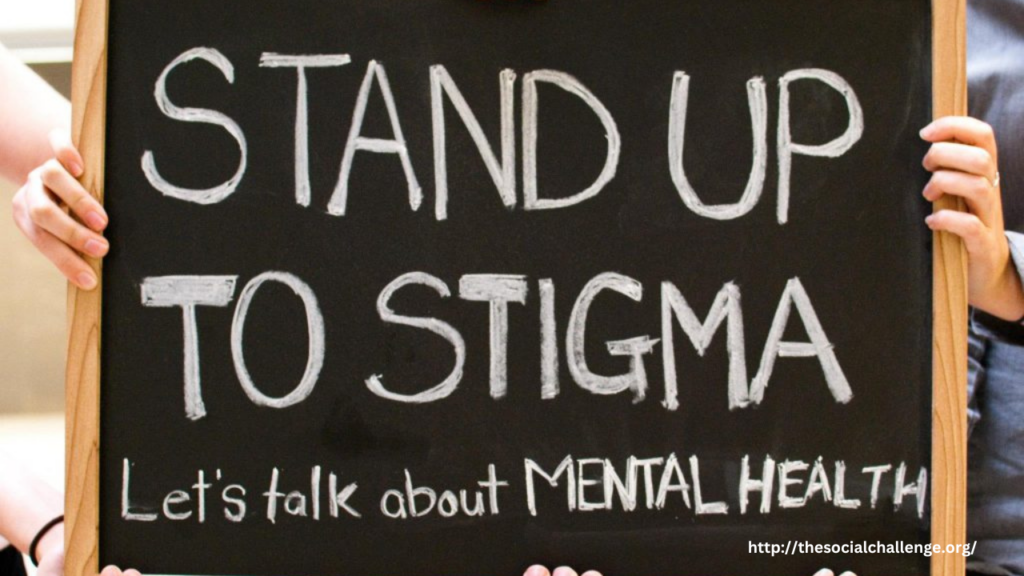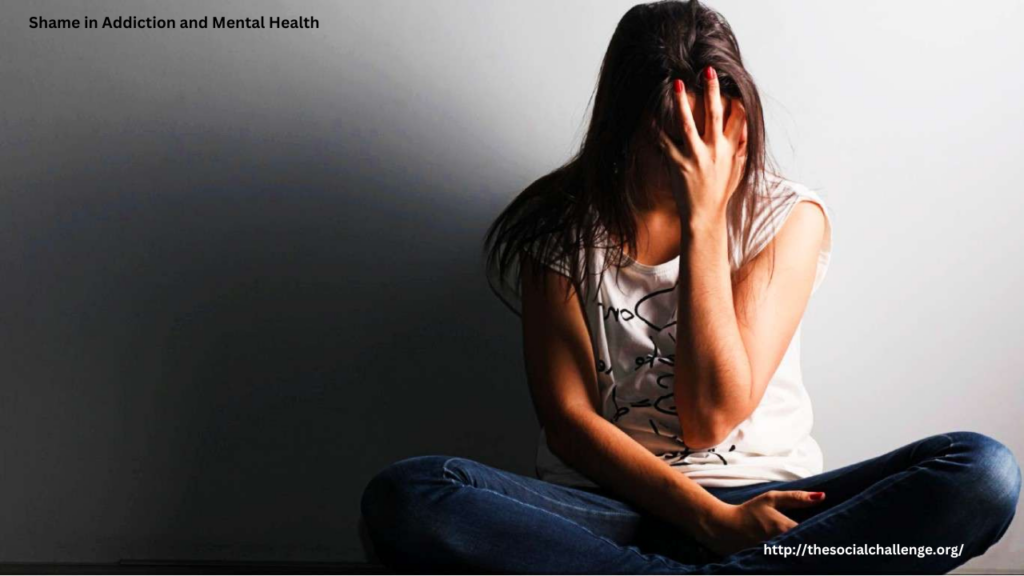
For decades, addiction and mental illness have been heavily stigmatized, leaving millions of individuals feeling isolated, ashamed, and unsupported. Society often views these conditions through a lens of judgment rather than understanding, creating barriers that prevent people from seeking help. However, one of the most powerful tools we have to combat this stigma is empathy. By fostering compassion and recognizing the human side of these struggles, we can challenge harmful stereotypes and create a more supportive world for those affected by addiction and mental health disorders.
Understanding Stigma and Its Harmful Effects
Stigma surrounding addiction and mental illness is deeply rooted in misconceptions. Many people believe that substance use disorders result from weak willpower or poor choices rather than recognizing them as medical conditions influenced by genetics, trauma, and brain chemistry. Similarly, mental health disorders such as depression, anxiety, and bipolar disorder are often dismissed as mere mood swings or personal failings rather than complex conditions requiring care and treatment.
This stigma carries real consequences. People struggling with addiction or mental health issues may avoid seeking professional help for fear of being judged. They may suffer in silence, worsening their condition and making recovery more difficult. Stigma also seeps into policies, leading to discrimination in healthcare, employment, and housing, making it even harder for individuals to rebuild their lives.
Empathy as a Tool for Change
Empathy—the ability to understand and share the feelings of another—is a powerful force in breaking down stigma. When we take the time to listen to the experiences of those struggling with addiction or mental illness, we begin to see them as individuals rather than labels. Instead of blaming or distancing ourselves, we can offer kindness and support.
Empathy allows us to recognize that addiction and mental illness do not discriminate. They affect people from all backgrounds—our friends, family members, coworkers, and neighbors. When we stop seeing these conditions as moral failings and start viewing them as health challenges, we create an environment where people feel safe seeking help.
Changing the Conversation
Shifting societal attitudes requires changing the way we talk about addiction and mental illness. Words matter. Using language that emphasizes recovery rather than failure can make a significant difference. Instead of calling someone an “addict” or “mentally ill,” we can say “a person with a substance use disorder” or “a person experiencing mental health challenges.” This subtle shift in language acknowledges the person first rather than defining them by their condition.
Public education and awareness campaigns also play a crucial role. Schools, workplaces, and media outlets should promote accurate information about addiction and mental health to replace fear with facts. By sharing stories of recovery and resilience, we can inspire hope and encourage others to seek help without fear of judgment.
Building a More Compassionate Society
To challenge stigma effectively, we must integrate empathy into our daily lives. Simple acts of kindness—such as checking in on a friend, offering support without judgment, or educating ourselves about mental health and addiction—can create ripples of positive change. Communities must also advocate for better access to treatment, stronger support systems, and policies that promote inclusion rather than exclusion.
By choosing empathy over stigma, we can reshape society’s approach to addiction and mental illness. A world where compassion prevails over judgment is one where healing becomes possible, and no one has to suffer alone.
